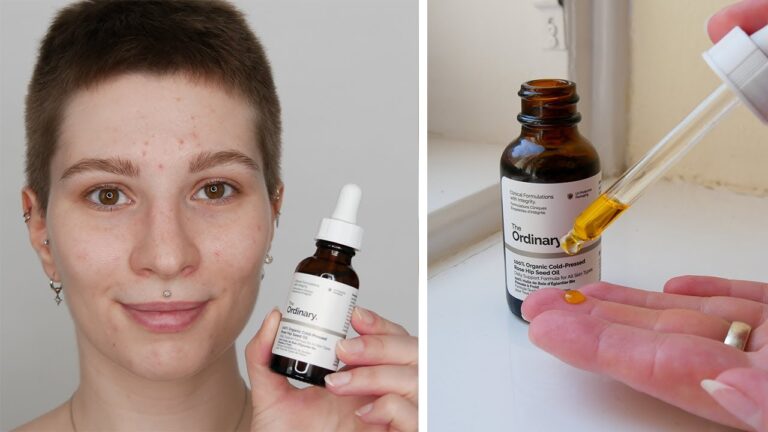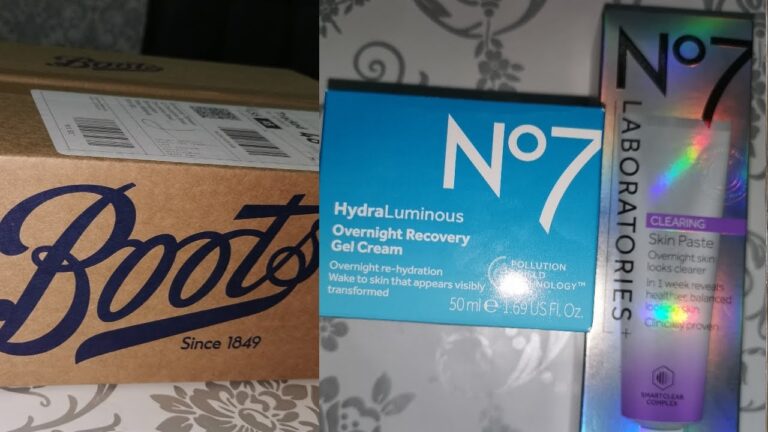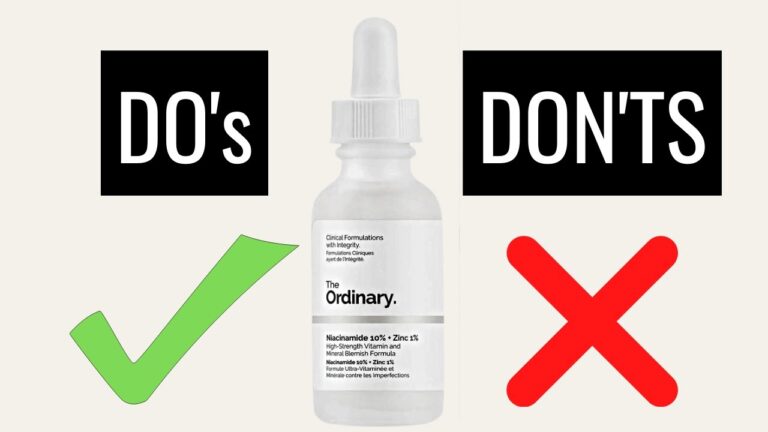The Ultimate Guide to Skin Tracking: Benefits, Technologies, and Limitations
Have you ever heard of skin tracking? It’s a relatively new technology that allows individuals to monitor and analyze changes in their skin over time. This could include changes in things like acne, wrinkles, sunspots, or even skin texture. This type of technology has the potential to revolutionize the beauty industry by providing individuals with data-driven insights into their skin health.
How does skin tracking work?
There are a few different ways that skin tracking can be done. One common method is through the use of wearable devices that can be attached to the skin. These devices use sensors to collect data about things like skin temperature, moisture levels, and even the amount of UV radiation that the skin is exposed to. This data can then be analyzed to identify patterns and changes in the skin.
Another way that skin tracking can be done is through smartphone apps. These apps use the camera on your phone to take close-up pictures of your skin. The app then analyzes these pictures to identify things like wrinkles, discoloration, and other skin issues. Some apps can even track changes in your skin over time by comparing previous photos to current ones.
Benefits of skin tracking
- Early detection of skin issues: One of the biggest benefits of skin tracking is that it can help individuals identify skin issues early on. By monitoring changes in your skin over time, you can catch things like sun damage or acne before they become more serious problems.
- Individualized skincare: Skin tracking data can also be used to create personalized skincare routines. By understanding the specific needs of your skin, you can choose products and routines that are tailored to your unique needs.
- Data-driven skincare: Skin tracking provides individuals with data about their skin health. This can help to demystify skincare and make it more accessible to people who are interested in improving their skin health.
Products that offer skin tracking
While skin tracking technology is still relatively new, there are already a few products on the market that offer this type of service. One example is the La Roche-Posay My Skin Track UV sensor, which tracks exposure to UV rays and helps individuals to manage their sun exposure. Another is the Neutrogena Skin360 app, which uses a smartphone camera and AI technology to provide users with personalized skincare recommendations.
Overall, skin tracking technology has the potential to revolutionize the skincare industry by providing individuals with data-driven insights into their skin health. By monitoring changes in your skin over time, you can catch issues early on, create personalized skincare routines, and make more informed skincare decisions.
Contents
Most searched products:
Does Sephora Support Israel? Answering Your Questions
The Ultimate Guide to Azealic Acid: Benefits, Uses, and Side Effects
Discover the Benefits of The Ordinary Botox for Your Skin
How Long Does Glycolic Acid Take to Show Results: Your Ultimate Guide
The Perfect Order: When to Use Retinol and Niacinamide in Your Skincare Routine
Say Goodbye to B.O with Glycolic Acid Deodorant: The Secret to Long-Lasting Freshness
The Ultimate Reviews of The Ordinary Peeling Solution
Unlock Glowing Skin with These Ordinary Exfoliation Techniques
Unleashing Honest UKLash Reviews: The Real Truth Exposed
Lipophilic: Understanding the Importance and Properties of Lipophilic Molecules














